Description
CONTENTS
Cognitive Behavioural Therapy’s Theoretical Model and Smartphone Addiction
Chemical and Non-Chemical Addiction: Two Faces of the Same Dice
Common Features of Addiction
Treating Non-Chemical Addiction
Key Factors to be considered in Addiction
Introducing Indigenously Adapted Cognitive Behavioral Therapy
for Smartphone Addiction(IACBT-SA)
Goal-setting & Behavioral Intervention
Concept of Goal-setting in Therapeutic Process
Training Client to set Feasible and Appropriate Goals
Homework
Functional Behavioral Analysis
Concept of Behavioral Activation
Chart to monitor activities
Introduction to alternate religious and social behavior’s
Techniques of Relaxation Therapy
Training on Specific Relaxation Skills
Digital Detox (48 hours)
Digital Diet
Make a Plan for Implementation
Cognitive Restructuring
Maladaptive Thoughts, Intermediate Beliefs and Core Beliefs
Learning how to identify Maladaptive (Negative) Automatic Thoughts
Cognitive Distortions Associated with Smartphone Addicts
Challenging and Managing Maladaptive Thoughts and Beliefs
Instructions for Religious Scriptures Usage:
Coping Statement Cards
Harm Reduction Therapy
Relapse Prevention
Additional Techniques: For Clinicians and Clients
Time Management
Steps Involved in the Management of Time Effectively: For Clinician
Techniques for Problem Solving
| Implementing Indigenously Adapted Cognitive Behavioural Therapy in Twelve Sessions for Treating ‘Smartphone Addiction |
Structuring the Techniques into 12 Sessions
Session 1
Session 2
Session 3
Session 4
Session 5
Session 6
Session 7
Session 8
Session 9
Session 10
Session 11-12 %
Conclusion
References
Appendices
Daily Smartphone Log
Automatic Thought Record Sheet For TACBT-SA
ABOUT THE BOOK
This book addresses customized cognitive and behavioral intervention that focuses on Smartphone addiction, therefore the clinician’s role here is to actively develop insight in the client that the presenting symptoms are directly related to the excessive and compulsive use of Smartphone. Moreover, it also includes the associated problems with excessive Smartphone usage (for example, relationship problems, academic performance and time management etc.).
ABOUT THE AUTHOR
Prof. Dr. Muhammad Tahir Khalily is a Professor of Psychology & Vice President (academics) at International Islamic University, Islamabad. He has more than twenty-five years of national and international teaching research, clinical, supervisory, academic, administrative and service development experience.
Moreover, he has worked as Director Academics, Director Quality Enhancement cell (QEC), students Advisor and Director, (ORIC) at International Islamic University, Islamabad. Dr. Khalily worked as Head and senior psychologist in the psychology Department Roscommon Mental Health university of Ireland. Galway Republic of Ireland.
He pursued his Masters in Drug Addiction and Alcohol Treatment Policy form the Addiction Study Centre, trinity College Dublin University Ireland. Higher diploma in health care management form Health Care Centre Royal College of Surgeons Dublin; and Post-Doctoral research fellowship form the University of Edinburgh UK. He did advanced course in Neuropsychology from psychology Department Beaumont Hospital, Dublin. He is the executive member of the Pakistan Psychological Association; Associate Fellow of Psychological Society of Ireland; and Chartered member of British Psychological Society.
Mr. Mujeeb Masud Bhatti is a Teaching Research Associate and PhD fellow at the Department of Psychology, International Islamic University Islamabad. His research interests include Smartphone Addiction and its Treatment, Role of Media in Development of Personality, and Group Dynamics.
Mr. Mujeeb has profound interest in generating rigorous scientific evidence regarding the role of rational thinking, intuition and religious experiences. He has carried out several scientific experiments demonstrating that religious beliefs are base on rational and analytical thinking.
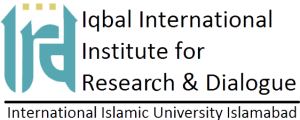
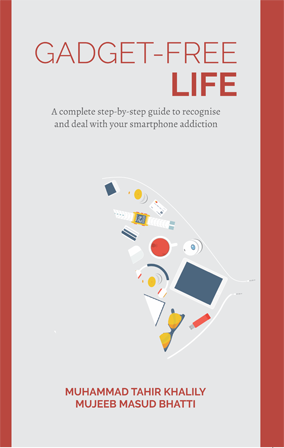

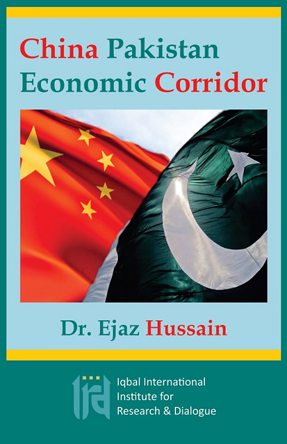
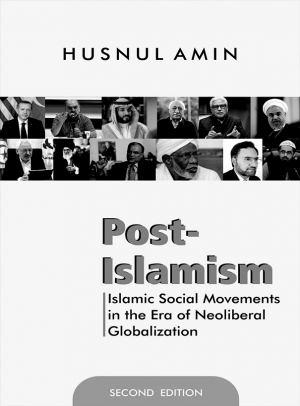
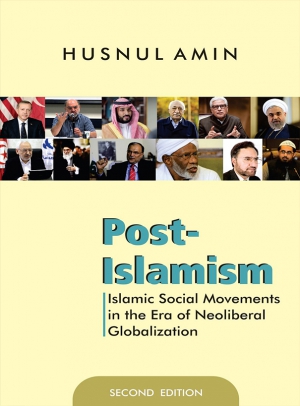



Reviews
There are no reviews yet.